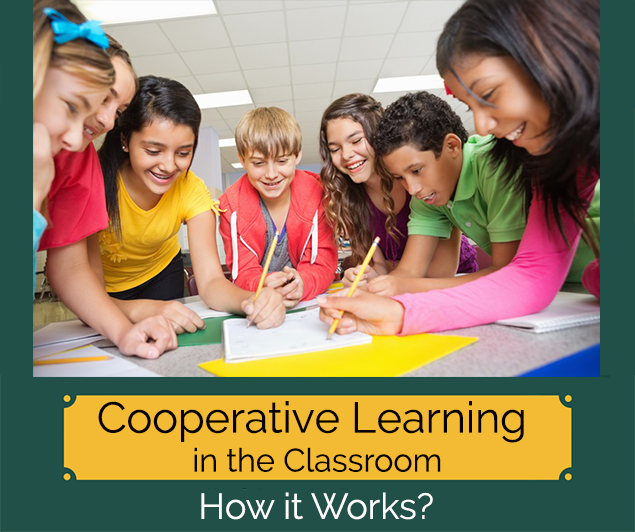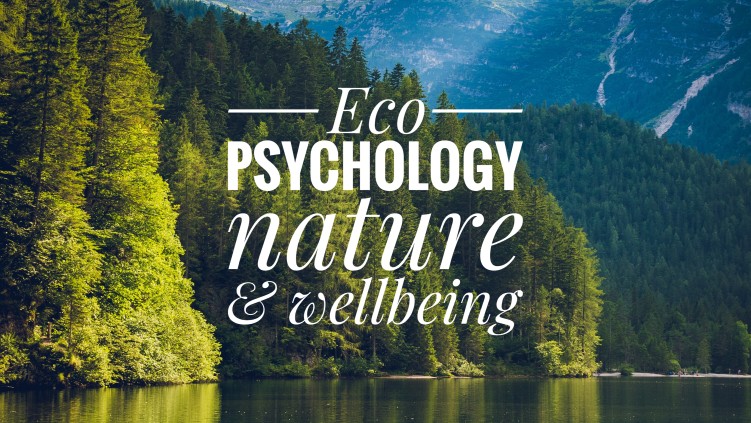Exploring the benefits of cooperative learning in promoting social skills in University's Students
Cooperative learning is an educational approach that emphasizes collaborative efforts among students to achieve common goals. It involves students working together in groups, typically small teams, to complete tasks, solve problems, or achieve learning objectives. This approach has several benefits for promoting social skills among university students:
Communication Skills: Cooperative learning requires students to communicate effectively with their peers. They must express their ideas, listen to others, ask questions, and provide explanations. Through these interactions, students improve their verbal and nonverbal communication skills, which are essential for successful social interactions in various contexts.
Teamwork and Collaboration: In cooperative learning, students must work together as a team to achieve a shared goal. This promotes teamwork, collaboration, and the ability to work harmoniously with diverse personalities and perspectives. These skills are transferable to group projects, extracurricular activities, and future workplace environments.
Conflict Resolution: Working closely with peers can sometimes lead to disagreements and conflicts. Cooperative learning provides students with opportunities to practice conflict resolution skills. They learn how to address differences of opinion, negotiate solutions, and find common ground, which are vital life skills.
Empathy and Understanding: Collaborative learning tasks often require students to share their thoughts and experiences. This sharing fosters empathy and understanding among students as they learn about each other's backgrounds, perspectives, and challenges. This can lead to greater appreciation of diversity and reduced prejudice.
Critical Thinking: Cooperative learning encourages students to engage in discussions, debates, and problem-solving activities. Through these interactions, students learn to think critically, analyze different viewpoints, and evaluate evidence. These skills contribute to well-rounded social competence.
Leadership Development: Within a cooperative learning group, students often take on different roles and responsibilities. This provides opportunities for students to develop leadership skills, take initiative, delegate tasks, and motivate their peers. These leadership experiences are valuable for personal growth.
Social Support and Belonging: Cooperative learning can create a sense of belonging and camaraderie among students. As they work together towards common goals, they build supportive relationships and form friendships. This sense of community can have a positive impact on students' emotional well-being.
Increased Self-Esteem: Successfully contributing to a cooperative learning group and achieving shared goals can boost students' self-esteem and self-confidence. Feeling valued and recognized by peers enhances their self-perception and encourages them to participate more actively.
Time Management and Accountability: Cooperative learning requires students to manage their time effectively and meet deadlines. This develops time management and accountability skills that are crucial for both academic and personal success.
Social Learning Theory: Cooperative learning aligns with social learning theory, which suggests that individuals learn by observing, imitating, and interacting with others. Through collaborative experiences, students can observe positive social behaviors, which they can incorporate into their own interactions.
Incorporating cooperative learning strategies into university courses can provide a rich environment for the development of these social skills. Professors can design activities that encourage teamwork, allocate roles that leverage individual strengths, and provide guidance on effective communication and conflict resolution. By doing so, they can help students become not only academically competent but also socially skilled individuals ready to navigate various social contexts.
Articles from Muhammad Haris
View blog
In today's fast-paced and technology-driven world, the importance of reconnecting with nature has ne ...

Social media plays a significant role in enhancing communication and collaboration among university ...

In today's rapidly evolving digital landscape, the way businesses market their products and services ...
You may be interested in these jobs
-

Wapda Jobs
Found in: beBee S2 PK - 1 day ago
Wapda Cadet College Tarbela, Pakistan Full timeWapda Cadet College Tarbela Jobs July 2023 has been announce through Latest advertisement Applications are invited for the following vacant posts Football Coach /PTI and Security In charge according to the Wapda Department Policies.In these Latest Govt Jobs in KPK the Male candid ...
-

Wapda Jobs
Found in: beBee S2 PK - 2 days ago
Water and Power Development Authority Lahore, Pakistan Full timeNew Wapda Jobs in Punjab December 2023 has been announce through Latest advertisement WAPDA invites applications from suitable / eligible candidates against the following posts in the office of Chief Engineer (Hydel) Chashma and Punjab Lahore Districts on regular basis.In these L ...
-

Software Team Lead
Found in: Manatal GBL S2 T2 - 3 days ago
HR POD - Hiring Talent Globally Lahore, PakistanRequirements: · Must have at least 5+ Years of Experience in software development. · Bachelors in CS/SE/IT or in a relevant field. · Proven experience as a Senior Full Stack Engineer. · Extensive experience in software development, scripting, and project management. · Experience ...
Comments